Will someone rid me of these troublesome Macs?
Inside the Enterprise: Apple now sells more PCs than HP or Dell. It is time IT departments dropped their opposition to the Mac?
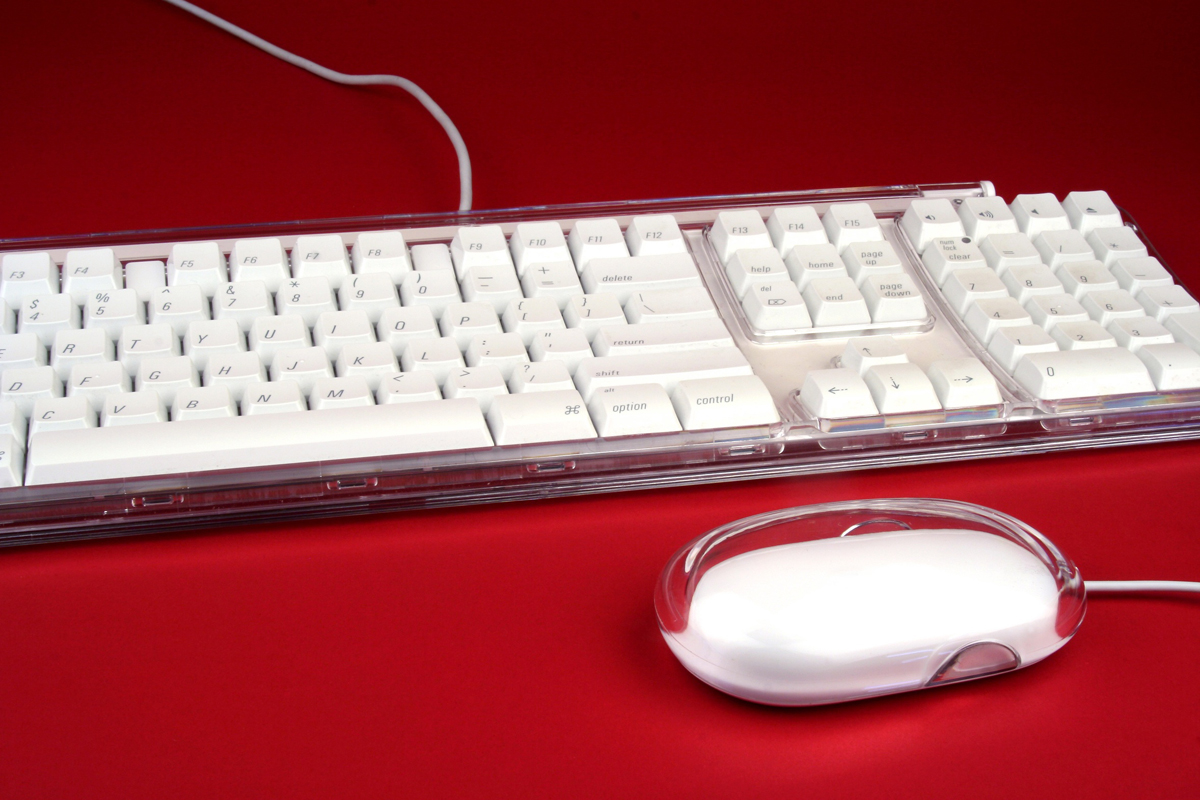
Apple is now the world's leading PC maker, according to figures from market research firm Canalys.
In the last quarter of 2011, Apple sold five million Macs. More significantly, the company also shipped 15 million iPads. This put the company ahead of HP, which recently dropped its webOS based tablets, as well as vendors such as Dell and Lenovo.
This, Canalys says, gives Apple 17 per cent of the "client PC" market a far cry from the times when Apple was lucky to muster a five per cent market share.
Apple's machines, though, have been gaining ground steadily for some years now. The so-called "halo" effect, where buyers of other Apple devices also buy Macs, certainly seems to have worked. First the iPod and now the iPhone have brought consumers to Apple. And Apple has not done badly by selling them additional kit.
There is more to Apple's renewed strength in the PC market than overspill from iPhone sales. A surprising number of knowledge workers appear happy to pay personally - for a Mac, especially a MacBook Air, in preference to their grey, corporate-issue PC. This is despite the fact that Apple's cheapest portable costs more than twice as much as a "basic" Windows laptop.
As well as the "bring your own device" trend, Apple benefits from strong sales to consumers buying a home machine that they might, or might not, also use for work.
Apple's products still have shelf appeal way in excess of most rivals, helped by the way Apple's dealers separate out Macs from the common PC herd. Then there is the effect of Apple's own retail stores. Yes, they are too often full of kids using the free internet to visit Facebook, but they certainly do not hurt the Apple brand.
Get the ITPro daily newsletter
Sign up today and you will receive a free copy of our Future Focus 2025 report - the leading guidance on AI, cybersecurity and other IT challenges as per 700+ senior executives
But Canalys identifies another trend that favours Apple: the switch from laptops to tablets, especially at the low end. In many ways, the iPad is now Apple's entry level portable PC. Canalys says this is especially marked at the lower end of the Windows market, where netbook buyers are switching to iPad or Android tablets.
Some might argue that it is a mathematical sleight of hand to bundle together tablet and PC sales, but it increasingly represents the way we use technology. For a lot of tasks, a tablet is now a pretty good choice. And their low weight and long battery life answer many a mobile worker's complaints about their laptops. After all, you don't often use half a dozen USB ports whist cramped up on a train or airline seat.
None the less, some IT departments and professionals still seem to resist staff using tablets, and Apple devices of any type. Sometimes, Apple does display an ambivalent attitude to the enterprise (the scrapping of the Xserve is one example). But sometimes, it seems that IT professionals oppose Apple kit exactly because it is easy to use, and needs little support.
That is short sighted. Increasingly, business computing is not about operating systems or hardware but data, and most importantly, information. Apple may be in vogue today, but other options, including Android or Google's Chrome will also challenge Windows' dominance. If IT can be flexible enough to support Macs today, it will be better placed to deal with those challenges tomorrow.
Stephen Pritchard is a contributing editor at IT Pro
-
 Cleo attack victim list grows as Hertz confirms customer data stolen
Cleo attack victim list grows as Hertz confirms customer data stolenNews Hertz has confirmed it suffered a data breach as a result of the Cleo zero-day vulnerability in late 2024, with the car rental giant warning that customer data was stolen.
By Ross Kelly
-
 Lateral moves in tech: Why leaders should support employee mobility
Lateral moves in tech: Why leaders should support employee mobilityIn-depth Encouraging staff to switch roles can have long-term benefits for skills in the tech sector
By Keri Allan
-
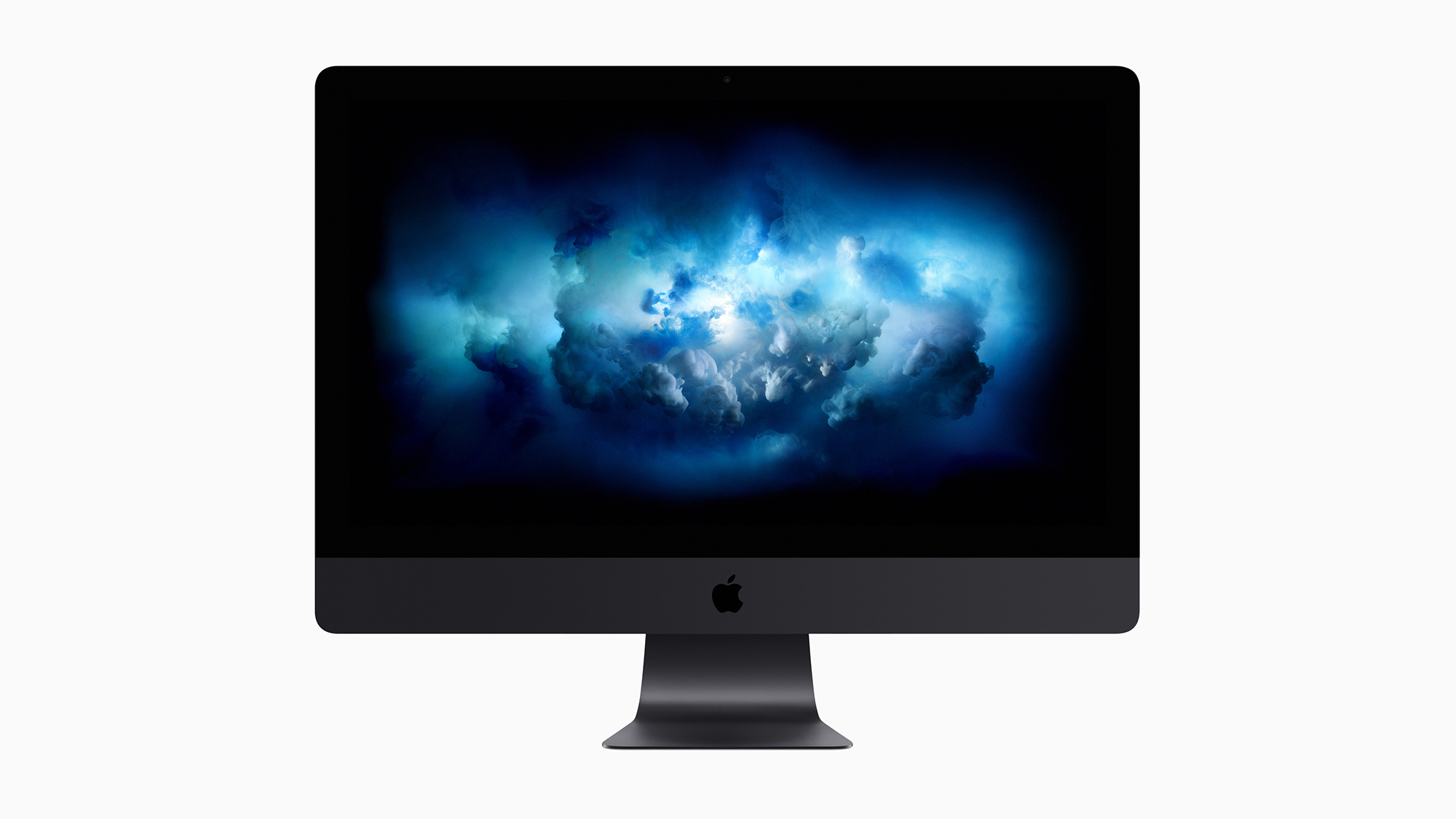 Apple discontinues the iMac Pro
Apple discontinues the iMac ProNews Desktop product shake-up paves the way for new Apple Silicon-powered machines
By Danny Bradbury
-
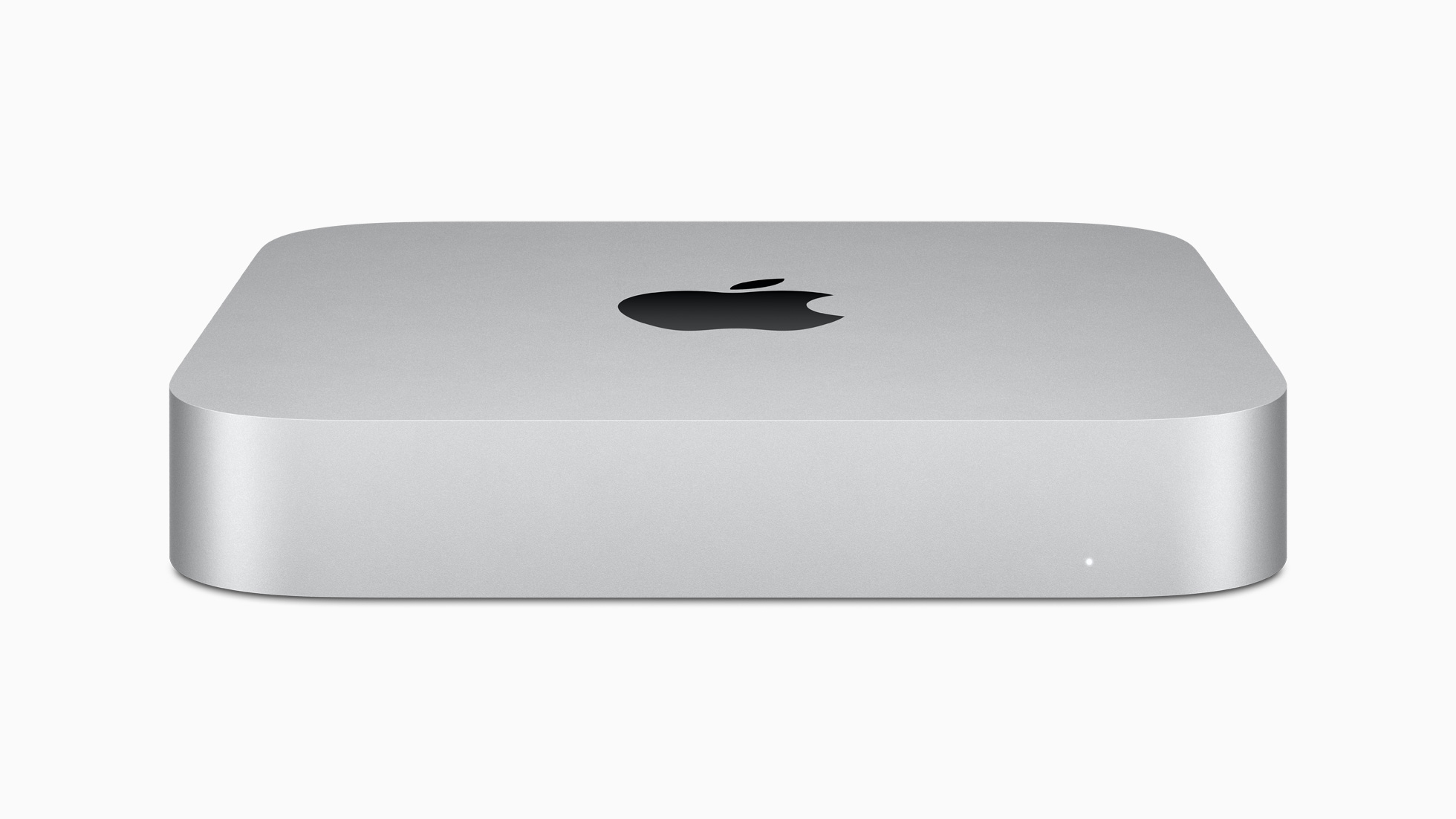 M1 Mac mini users suffering Bluetooth connectivity problems
M1 Mac mini users suffering Bluetooth connectivity problemsNews It’s unknown if the issue is in the new Apple silicon or the Big Sur OS
By Rene Millman
-
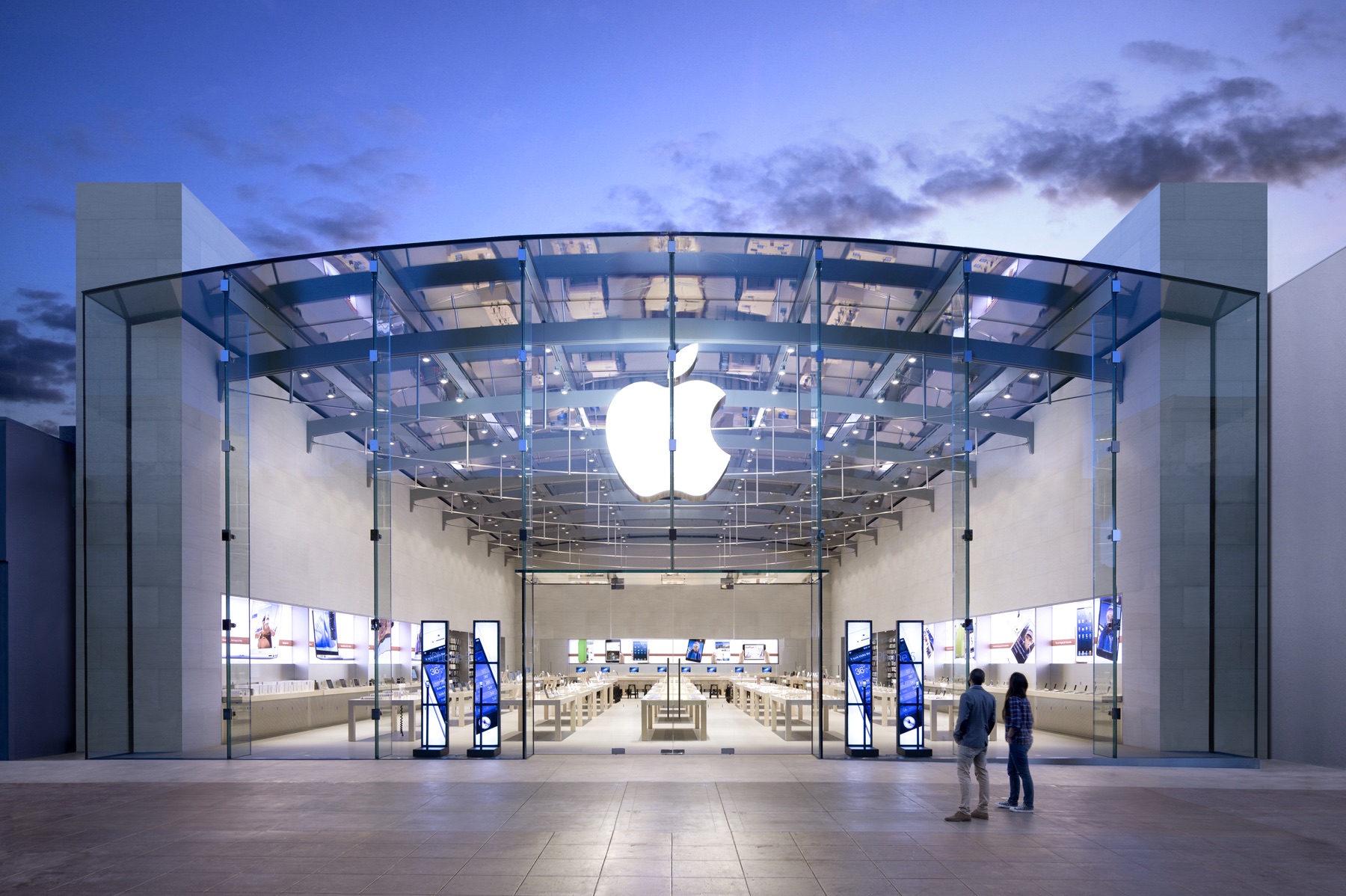 Apple starts accepting Mac trade-ins at retail stores
Apple starts accepting Mac trade-ins at retail storesNews Up until now, you could only trade in a used Mac online, which was unwieldy and time-consuming
By Mike Brassfield
-
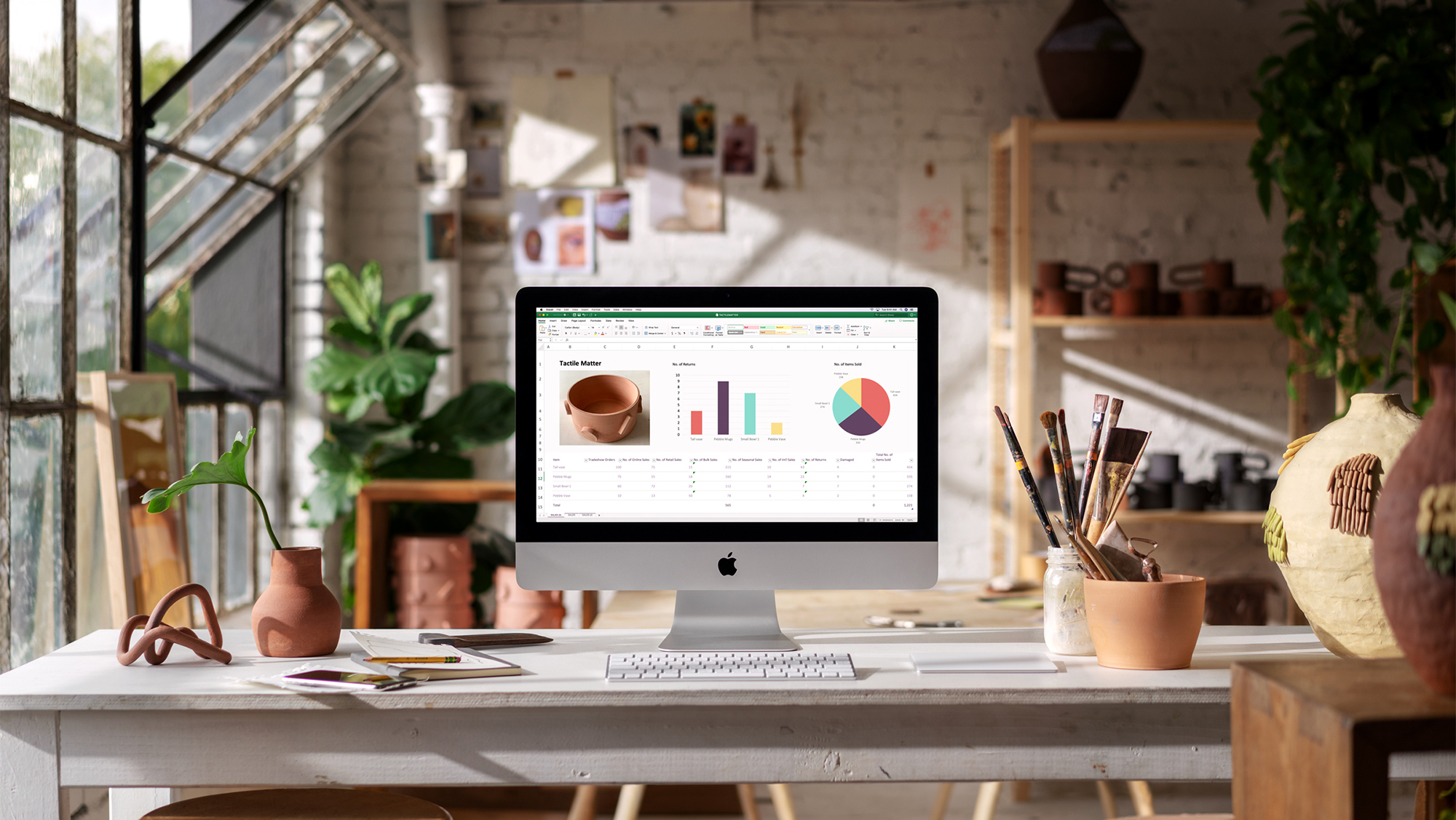 Apple launches surprise desktop iMac and iMac Pro upgrades
Apple launches surprise desktop iMac and iMac Pro upgradesNews New iMac models have up to 9th-gen Core i9 processors and Vega Pro graphics
By Adam Shepherd
-
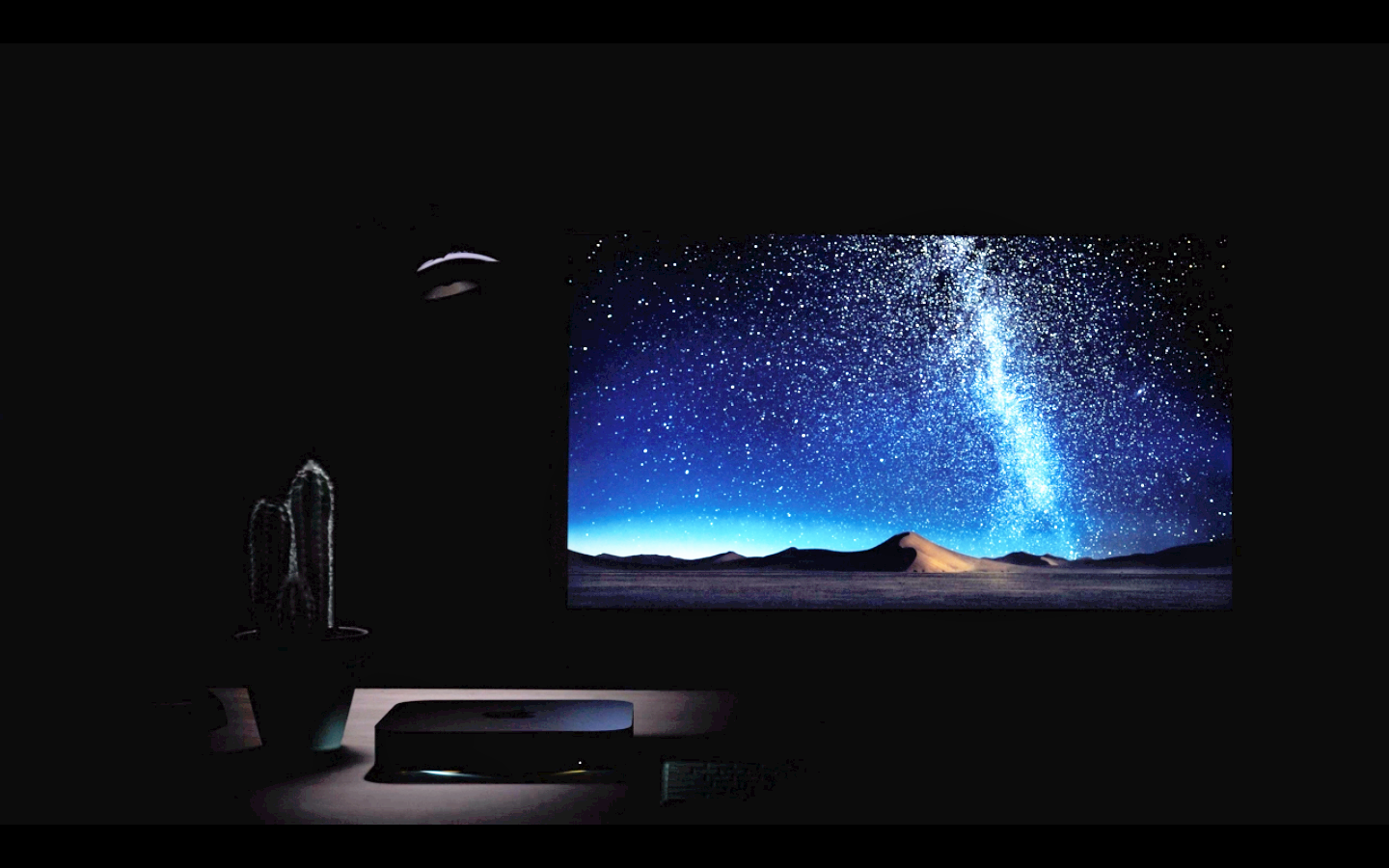 Apple unveils next-generation Mac mini
Apple unveils next-generation Mac miniNews Space grey device with five times the performance has been unveiled at special October event
By Keumars Afifi-Sabet
-
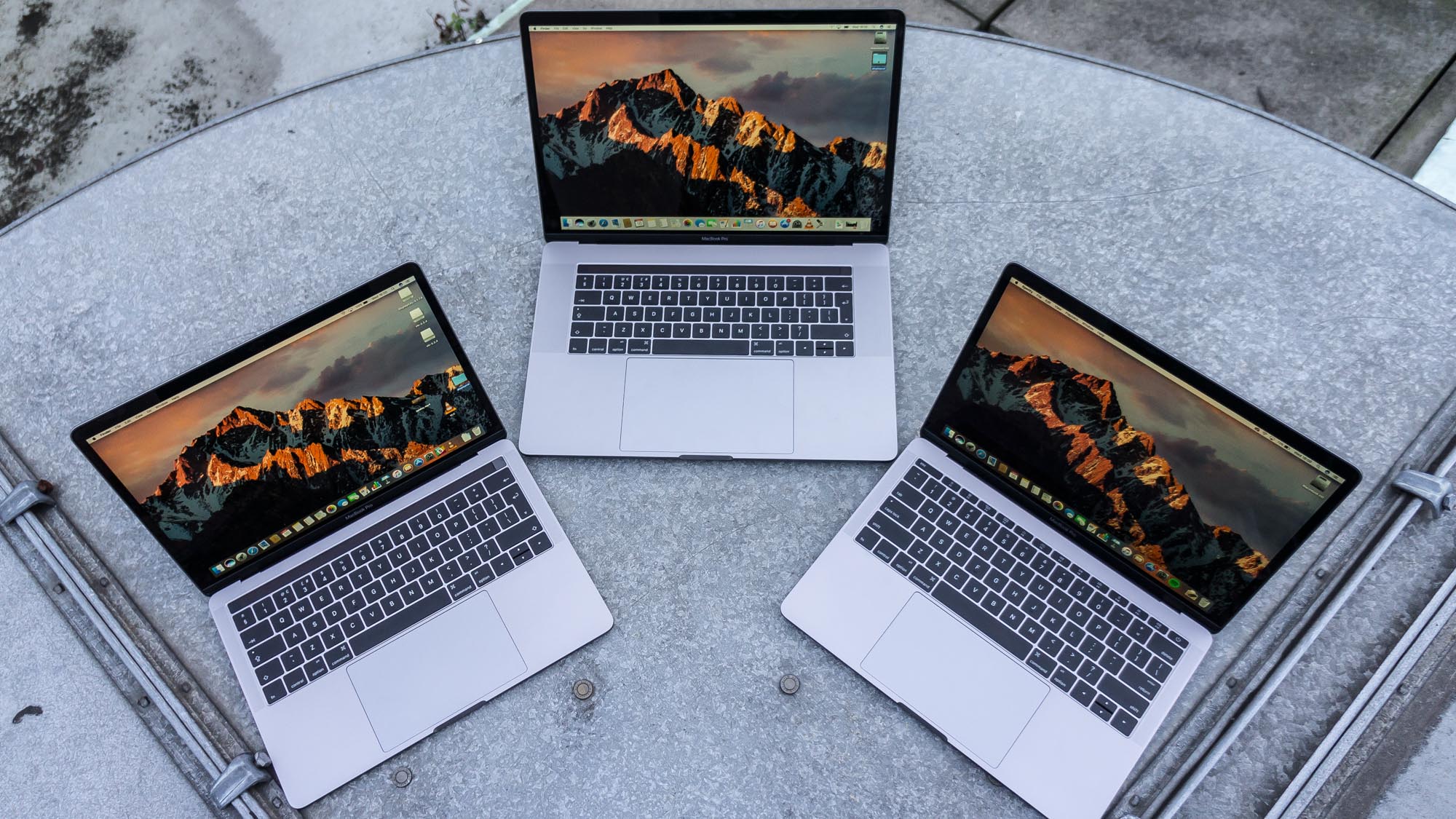 Thousands of Macs exposed to EFI boot-up bug
Thousands of Macs exposed to EFI boot-up bugNews Some relatively new Macs haven't had a pre-boot update since they were first put on the market
By Clare Hopping
-
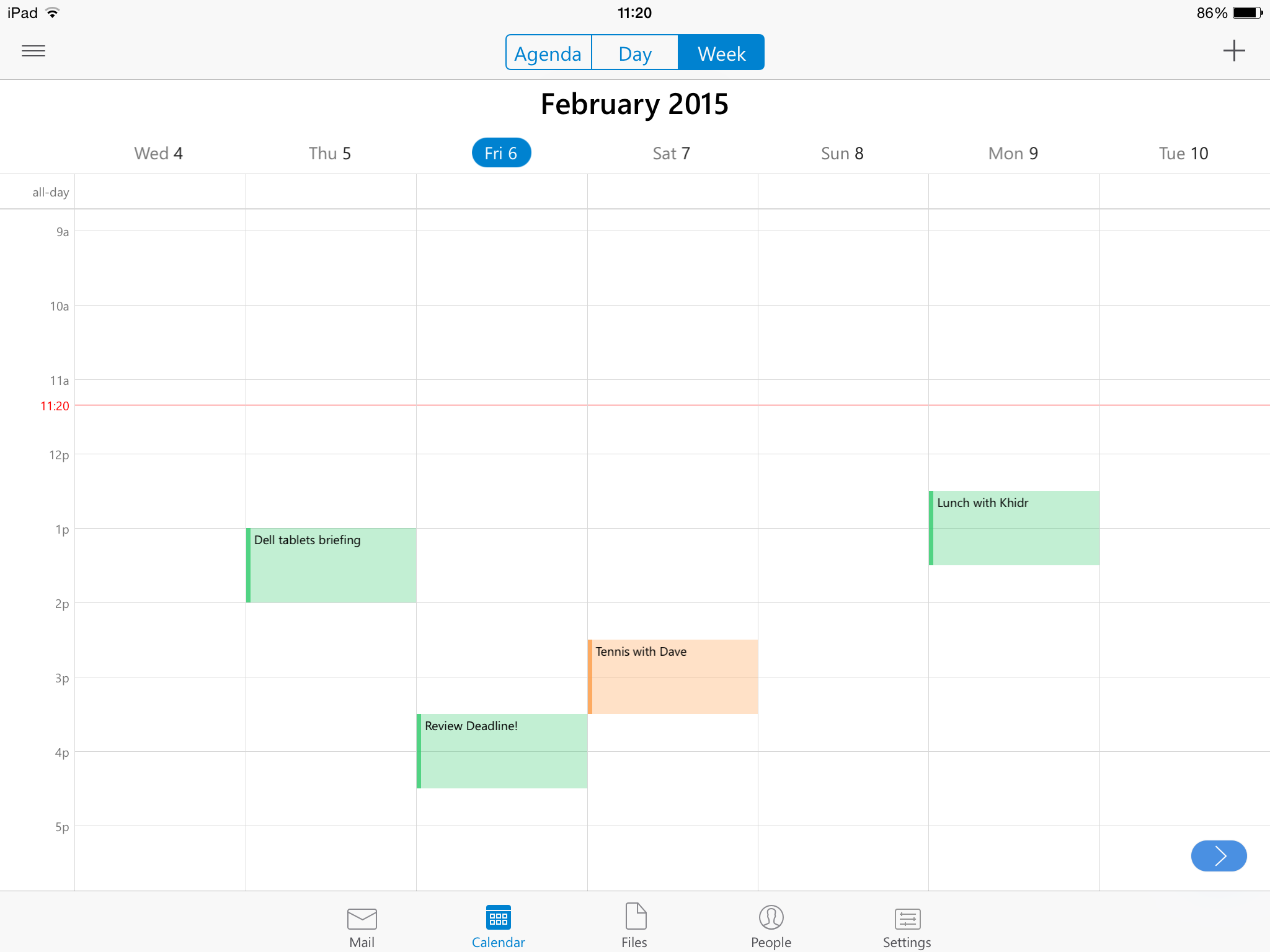 Apple fixes its spammy calendar with Report Junk feature
Apple fixes its spammy calendar with Report Junk featureNews The new option lets you block spam iCloud calendar invites
By Ingrid Fadelli
-
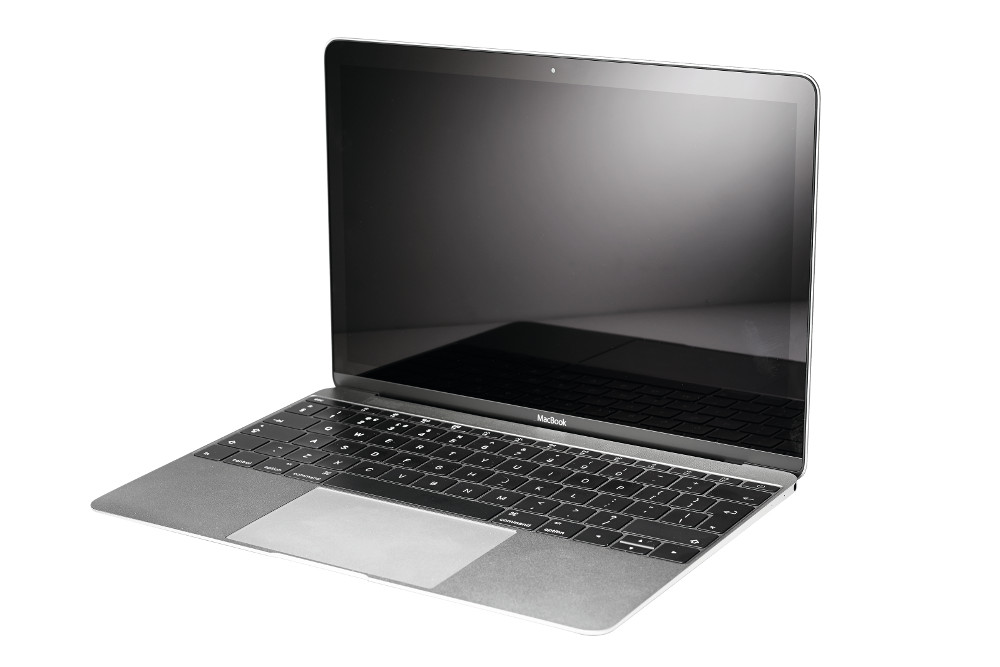
 Apple MacBook Retina 12in review - 'a superb choice, but challenging to fit into how you work'
Apple MacBook Retina 12in review - 'a superb choice, but challenging to fit into how you work'Reviews Apple upgrades specs and adds rose gold model for 2016 MacBook Retina 12in
By Alan Lu